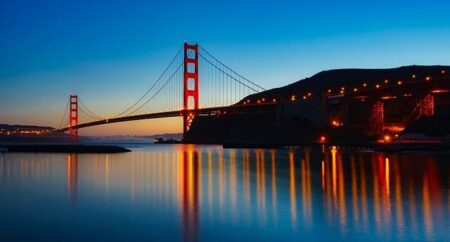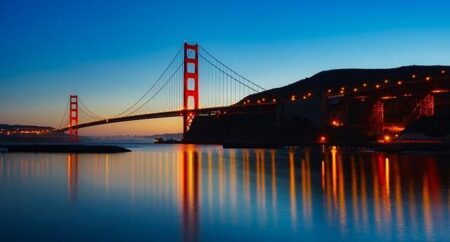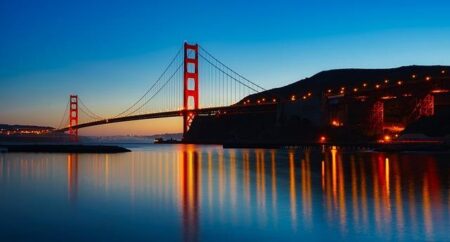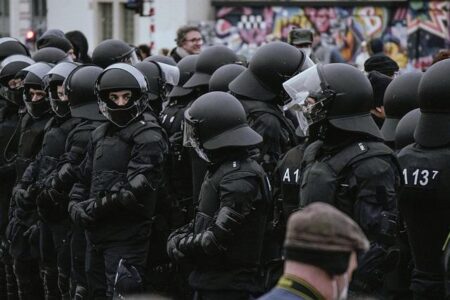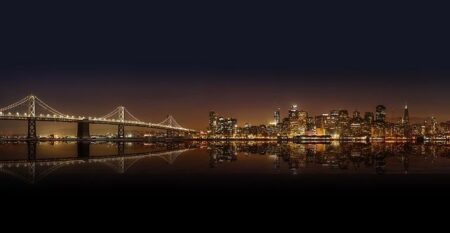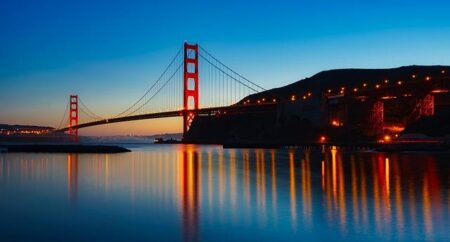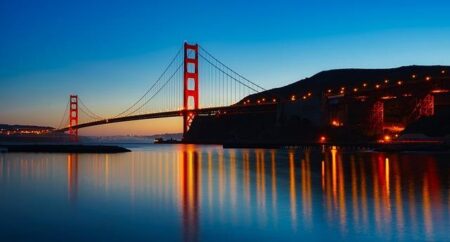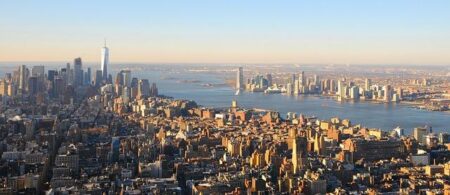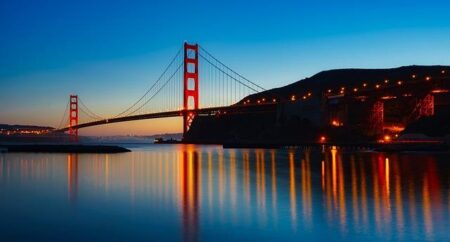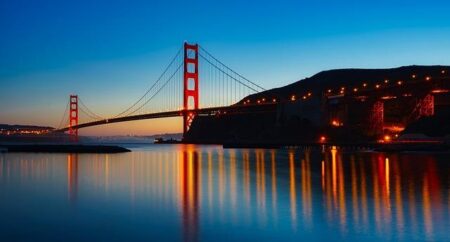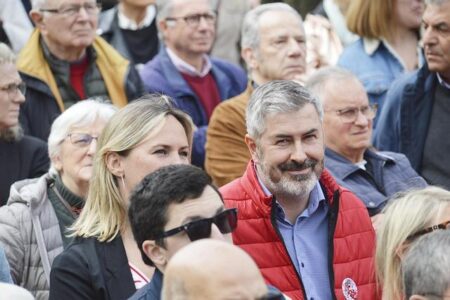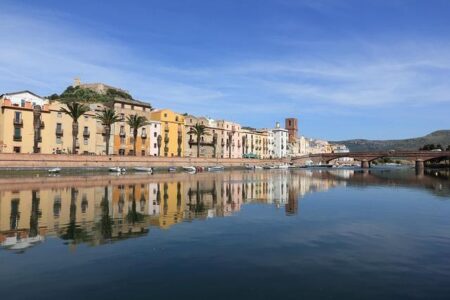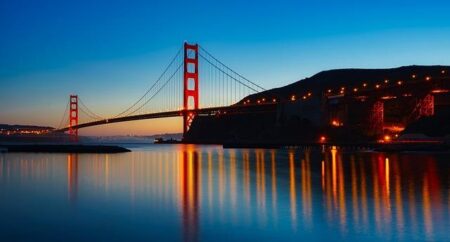President Trump has canceled the planned federal law enforcement surge in San Francisco. However, details remain uncertain regarding the administration’s broader immigration crackdown plans in the Bay Area, leaving local authorities on alert.
Browsing: Politics
A San Francisco woman is redefining campaign canvassing with innovative strategies, boosting voter engagement across the city. Her approach is gaining attention as a fresh model in local political outreach.
A San Francisco politician has called for Mark Zuckerberg’s name to be removed from the city’s hospital, citing concerns over his influence and the tech giant’s impact on the community, per The Guardian.
Across the US, political salons dubbed “Paris in Georgia” are emerging as grassroots hubs, rallying communities to strategize and mobilize against Trump‚Äôs influence ahead of upcoming elections, The Guardian reports.
AG Pam Bondi visited Alcatraz in San Francisco to announce Trump administration plans to reopen the historic site. Speaker Nancy Pelosi slammed the move as the “stupidest” idea, sparking political debate.
San Francisco will offer free childcare to families earning up to $230,000 annually, aiming to ease the city’s high living costs and support working parents, officials announced this week.
In ‚ÄúI‚Äôm Matt,‚ÄĚ a 2024 New York Times feature, several politicians reveal personal addiction struggles that shape their policy priorities, highlighting how lived experience informs efforts to reform addiction treatment and support systems.
UK journalist Sami Hamdi has been detained in the US amid reported pressure from pro-Israel lobby groups, Al Jazeera reports. The move raises concerns over press freedom and political influence.
A rightwing group protested after San Francisco blocked their rally venues, citing safety concerns. The decision sparked debates over free speech and public safety, drawing national attention to the city’s handling of political demonstrations.
The Bay Area has issued a ‚Äúshelter in place‚ÄĚ order, closing all non-essential businesses across six counties to curb the spread of COVID-19. Residents are urged to stay home except for essential activities.
San Francisco has filed lawsuits against Coca-Cola and Kraft, accusing them of misleading consumers about the health risks of ultraprocessed foods. The city aims to hold these companies accountable for public health impacts.
The US government has ordered Russia to close its consulate in San Francisco, citing escalating diplomatic tensions. The move marks a significant step in the deteriorating US-Russia relations, following recent sanctions and expulsions.
A new report ranks the 8 most liberal cities in the U.S., spotlighting diverse communities shaping progressive policies. Notably, two cities off the coasts challenge traditional political hubs, reflecting evolving national dynamics.
San Francisco emerges as the top U.S. city for immigrants, praised for its diverse communities, robust support programs, and economic opportunities, according to a recent sfexaminer.com report.
The US Navy has announced plans to rename the ship currently named after gay rights activist Harvey Milk. The decision reflects ongoing debates over military vessel names linked to historical figures.
Chinese President Xi Jinping and US President Joe Biden arrived in San Francisco ahead of APEC talks, aiming to ease tensions and boost regional cooperation amid ongoing global challenges.
Senator Dianne Feinstein’s political journey from San Francisco City Hall to the halls of Washington D.C. shapes decades of leadership, marked by landmark legislation and steadfast public service.
As Nancy Pelosi prepares to leave Congress in January 2027, political insiders speculate on her successor. Candidates from both parties are emerging, setting the stage for a pivotal leadership shift in California.
The contrasting public reactions to Nick Bosa and Colin Kaepernick reveal deep political and cultural divides influencing the 2024 elections. These double standards highlight broader societal tensions shaping voter sentiment.
San Francisco initially curbed the 1918 flu with strict measures, but after lifting restrictions, cases surged. The city’s experience underscores the risks of prematurely relaxing public health controls, NBC News reports.


